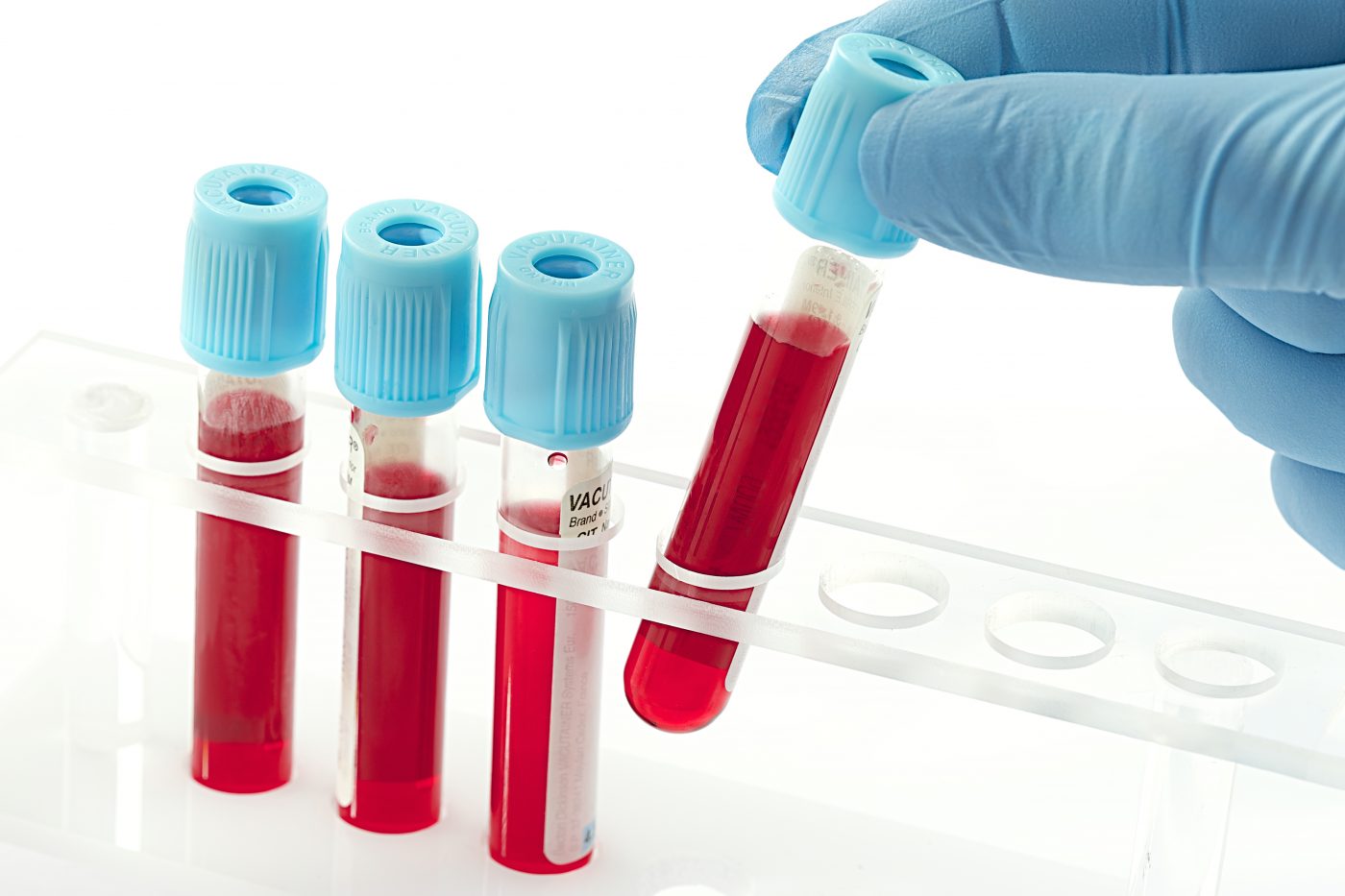IPF in Untreated Patients Detected with 86% Accuracy in a Single NuQ Blood Test, Company Reports

VolitionRx recently reported preliminary results from a pilot study showing that its NuQ blood assay was capable of detecting 86 percent of relevant idiopathic pulmonary fibrosis (IPF) cases among the 78 participants of a clinical trial at Liège University Hospital.
The NuQ test utilizes the company’s proprietary Nucleosomics technology platform, which identifies and measures circulating fragments of DNA, called nucleosomes, for the presence of epigenetic cancer signals within the blood. This is the first set of data demonstrating the technology’s potential as a diagnostic tool for diseases beyond cancer.
Of the 78 people taking part in the trial, 21 were IPF patients who had not received treatment, 27 were IPF patients previously treated for the disease, and 30 were healthy volunteers.
Results demonstrated that a single NuQ biomarker test detected 86 percent of the treatment-naïve IPF patients (18 out of 21), with only six false positives, for 80 percent specificity.
“Some NuQ® biomarker assays are particularly appropriate for the detection of inflammatory diseases such as IPF. To have achieved such impressive accuracy for detecting IPF using only a single such NuQ® biomarker assay in this pilot study is very encouraging,” Dr. Jake Micallef, VolitionRx’s chief scientific officer, said in a press release. “Our next step will be to work on a larger study sample and to include additional NuQ® biomarker assays to form a panel blood test that could have even greater accuracy.”
Added Dr. Julien Guiot, project coordinator at Liège University Hospital, Belgium, “At present, relatively little is known about this deadly disease. An accurate, cost-effective diagnostic for IPF could have a significant impact in assisting researchers in their efforts to understand the disease and develop a more viable treatment and potential cure.”
IPF is characterised by lung scarring, and causes a reduction in the lungs’ capacity to absorb oxygen. The disease is estimated to affect 100,000 people in the U.S., with about 30,000 to 40,000 new cases diagnosed each year. IPF is diagnosed based on clinical, laboratory, radiological, and pathological tests. High-resolution computed tomography (HRCT) is the key diagnostic tool to diagnose IPF. Current treatment options for IPF include medication, oxygen therapy, pulmonary rehabilitation, and, in some cases, lung transplantation. IPF has a poor prognosis, with many patients surviving only 3–5 years after diagnosis.
“Our recent results show that panels of NuQ® biomarker assays can detect colorectal, lung and pancreatic cancers with more than 90% accuracy. The excitement generated by the success of these cancer-related clinical trials has led to interest from clinical partners to investigate the effectiveness of NuQ® blood tests in detecting other diseases, starting with IPF. We believe that the success of this pilot study for IPF demonstrates the potential of our Nucleosomics® technology as a diagnostic platform for a broad range of diseases and establishes a lucrative potential new market for VolitionRx,” Cameron Reynolds, chief executive officer of VolitionRx, concluded. “We are excited that our non-invasive blood tests may assist in creating better outcomes for patients with this deadly disease.”







